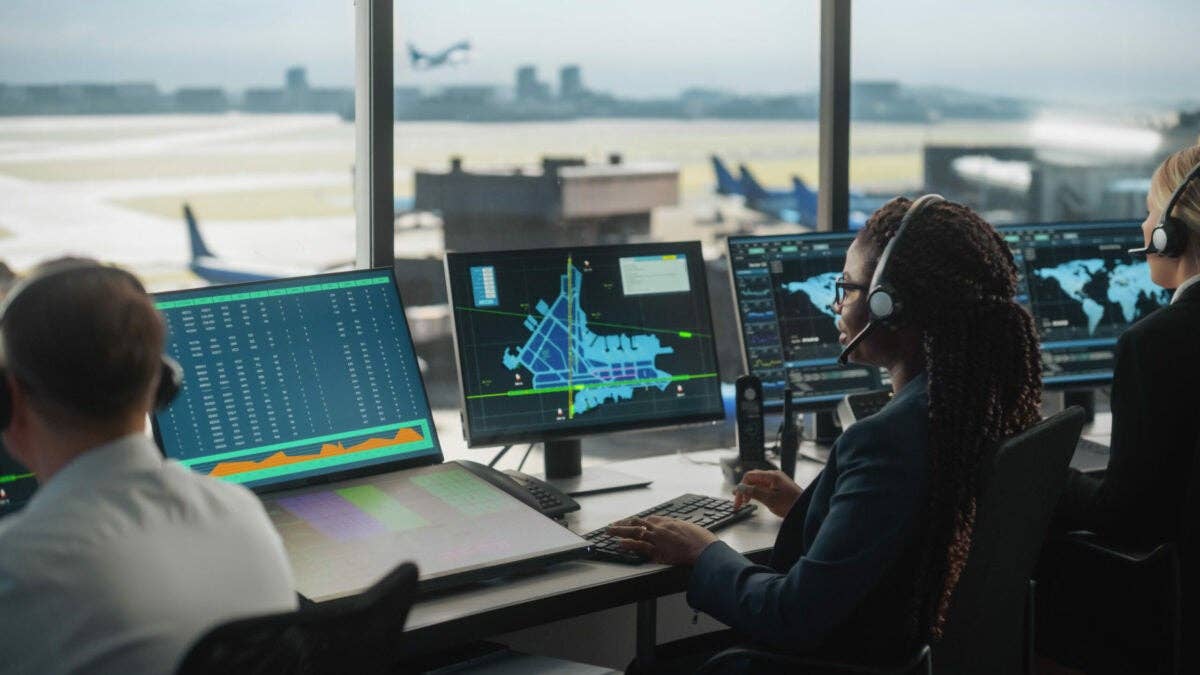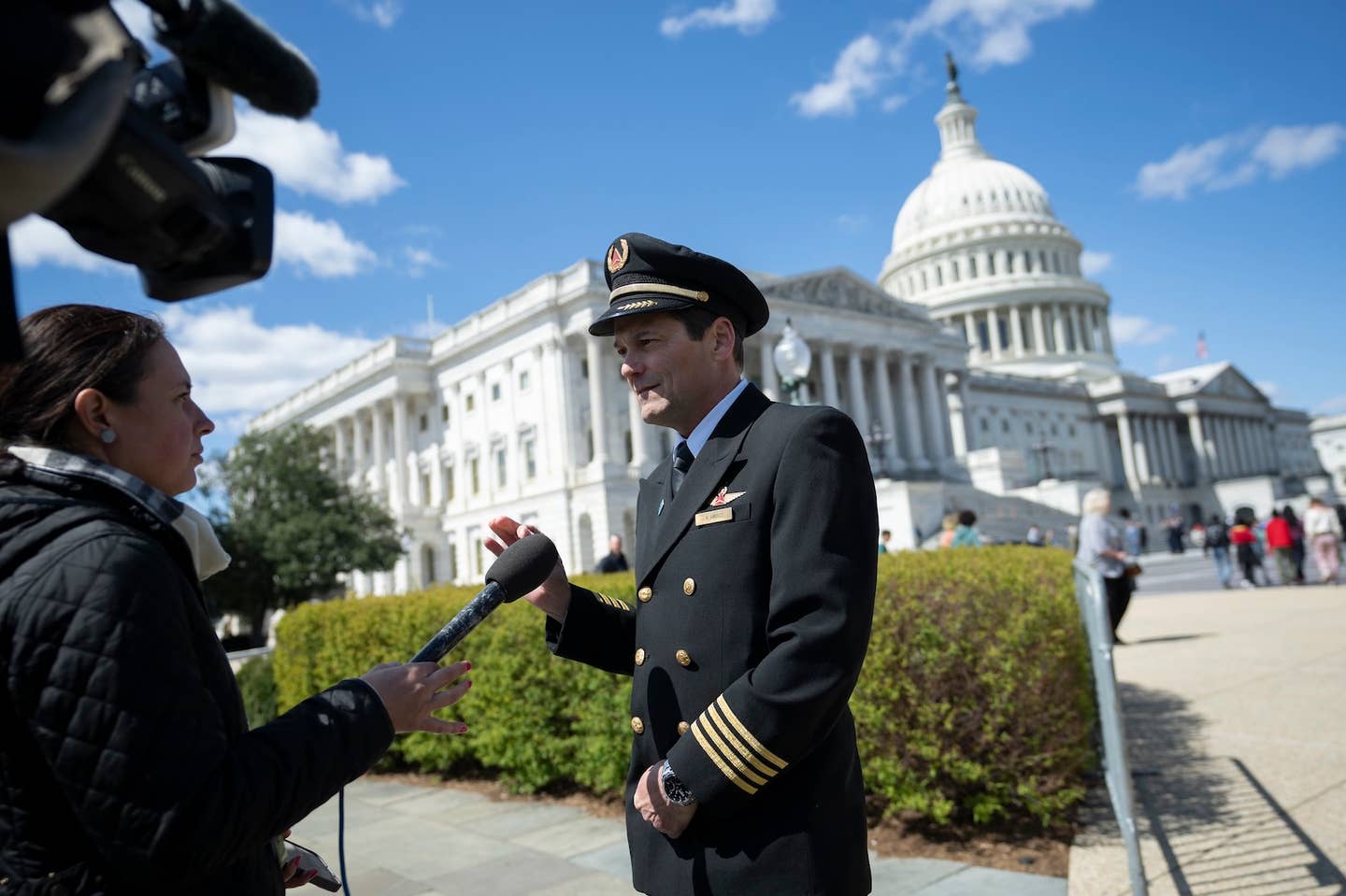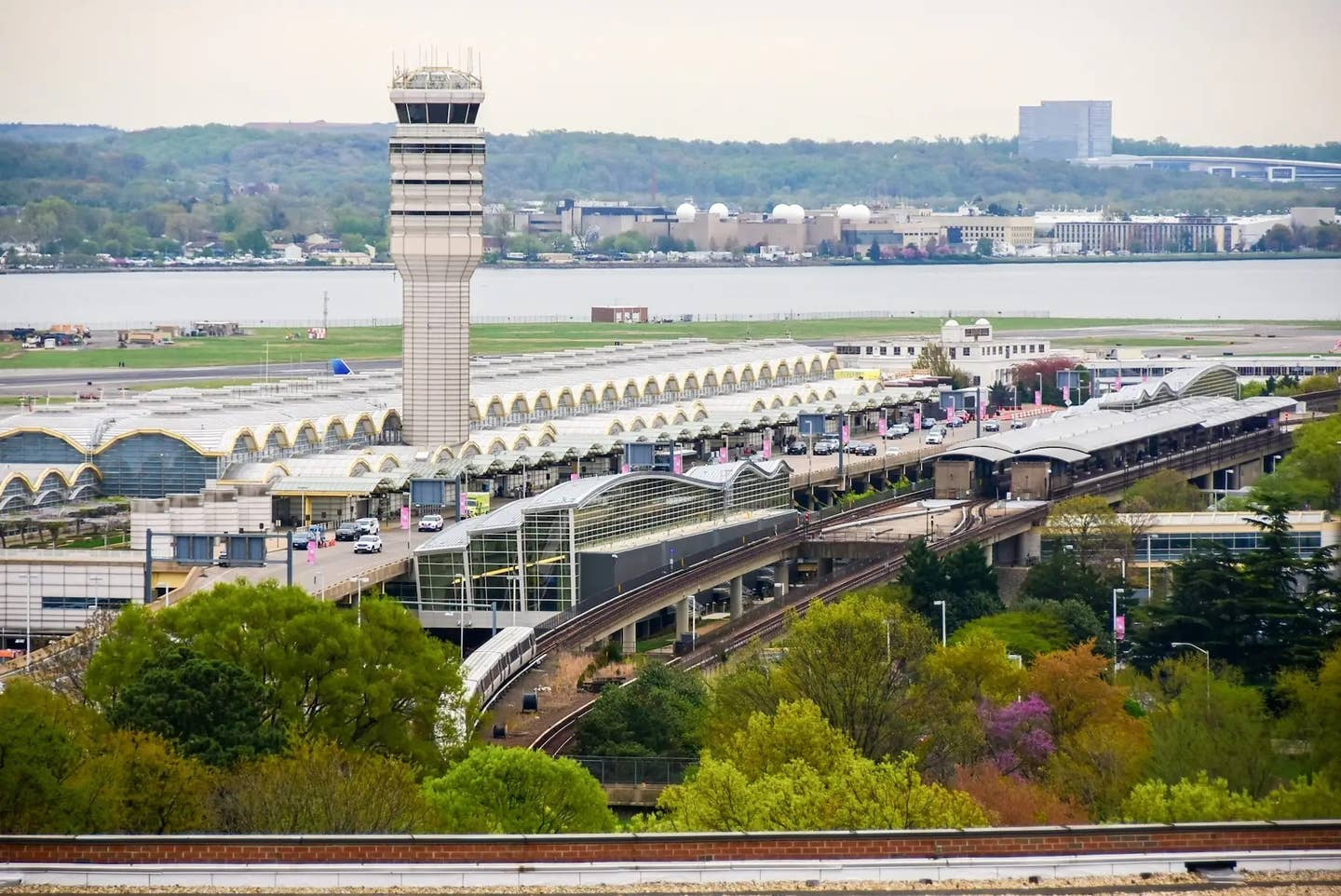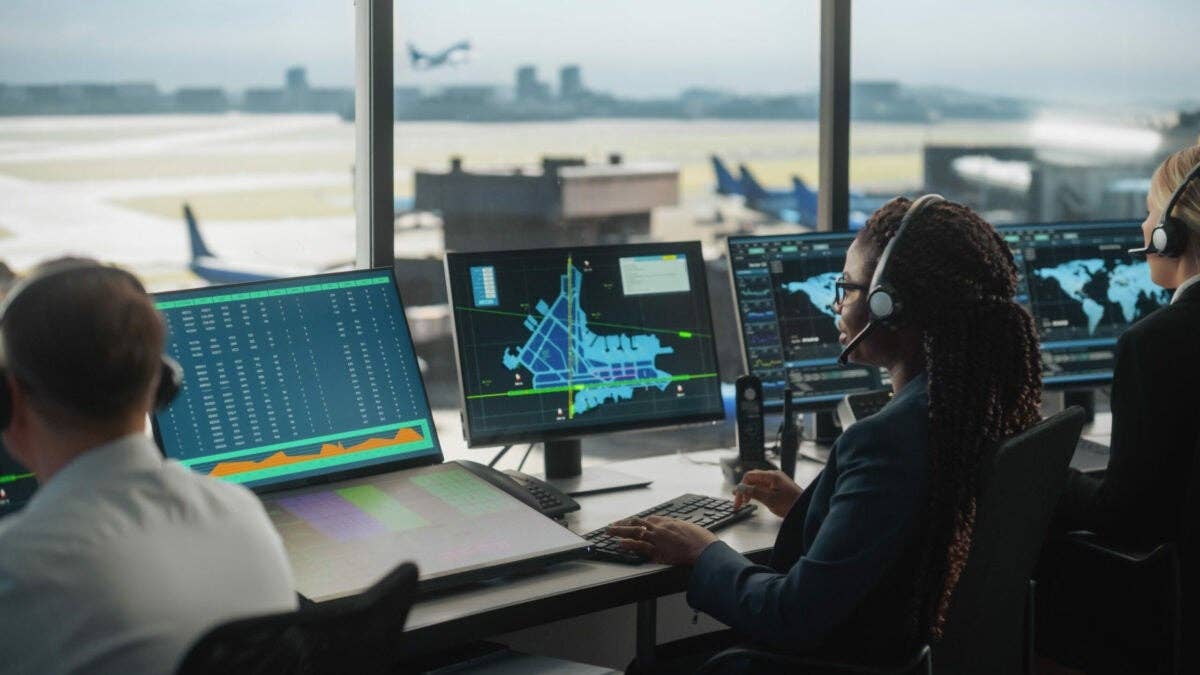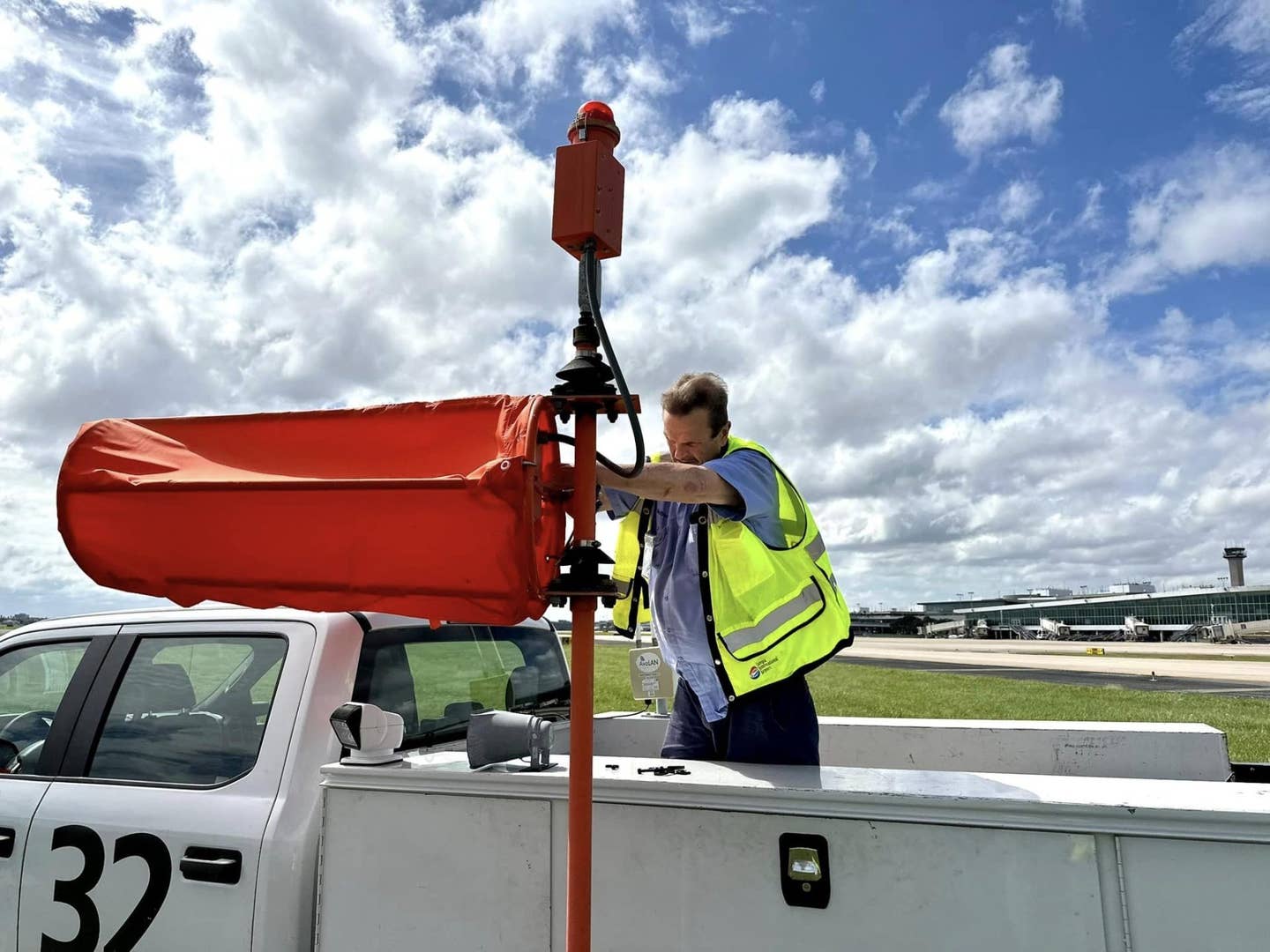What Are the Best Jobs in Airport Management?
Here’s how to get involved in aviation while working for an airport.
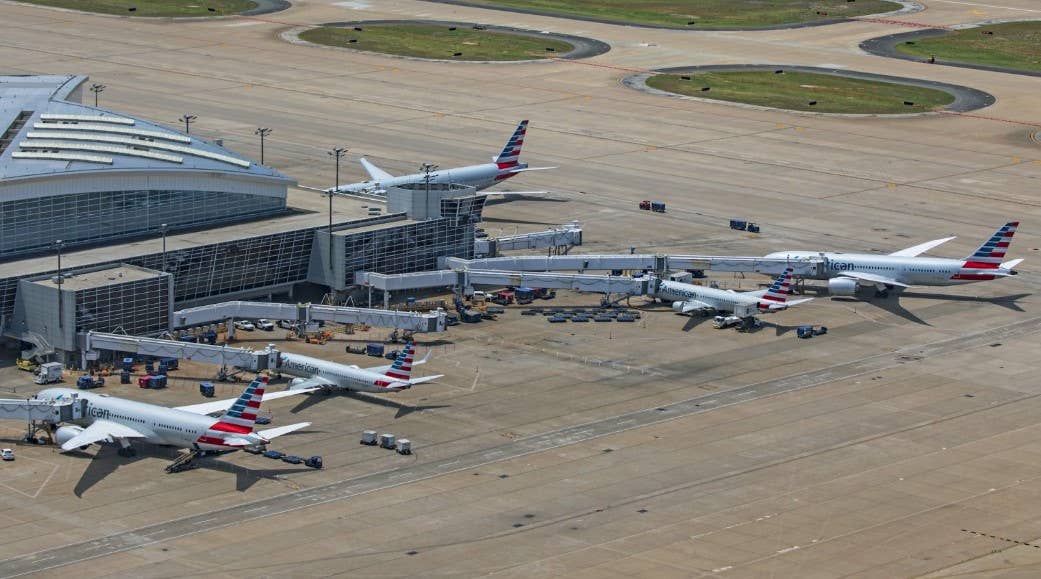
Terminal D at Dallas-Fort Worth International Airport [AirlineGeeks/ William Derrickson]
Besides operating aircraft, airports are also of course an important part of aviation.
Airports must run smoothly around the clock each and every day to allow aircraft to come and go with ease. From the biggest airports in the world to the small strip down the street, managers at each are essential to ensuring safe, consistent, and smooth operations around the clock.
Airport managers do everything from ensuring that taxiways and runways are clear of objects and debris to verifying that terminal areas are clean, navigational aids are functioning, and all regulations are complied with.
How to Become an Airport Manager
Airport managers are often required to have a degree in aviation management or an equivalent field. However, some managers instead have relevant experience managing FBOs, which themselves provide services to small transient aircraft such as training flights and business aircraft. Other airport managers come from federal jobs with the FAA.
Many airport managers are Accredited Airport Executives (AAE). To become one, applicants must take a multiple-choice exam; complete a research project or advanced degree; and complete an interview. Enrollees in the training program must, among other requirements, have already worked at a public use airport for at least one year and have a four-year college degree or equivalent public airport management experience.
Working in management at a smaller airport may be a good steppingstone for those who eventually want to graduate to larger operations. Though on a smaller scale, managing a smaller airport may give the opportunity to handle a wider array of tasks, from airfield painting and cleaning to regulatory issues and working directly with the FAA.
A major benefit of FBO employment is that FBOs are often the main managing organization of smaller public-use airports, giving prospective candidates airport employment opportunities with a relatively easy point of entry.
Other leadership roles at bigger airports, such as leading a certain department or company at the airport, may help make the transition to full-on airport management easier. Such would make it easier to build connections with people in higher positions to seek mentorship, recommendations, and promotions.
How Much Do Airport Managers Earn
The salary of an airport manager can vary depending on location and the size of the airport managed. However, the average salary for an airport manager in the United States is $46,280, with a range from about $30,000 to nearly $70,000. Managers of larger airports, and airport systems, may make over $100,000.
Airport salaries can vary widely across the country. Many airports are taxpayer-funded, so employee salaries come out of a government budget. However, some airports are entirely self-sustaining and make money from facility fees, concessions, fuel sales, and flight instruction to fund themselves.
Airport management is a high-quality career for aviation enthusiasts and those uninterested in flying or airline operations. Airport operations tend to be quite unique on a day-to-day basis, offering consistent challenges and opportunities for growth. Working for an airport can be an effective method of growing your passion for aviation and earning a high income over time.
Looking for pilot jobs? FindaPilot.com posts new openings every day. Get a 20% discount on any plan. Just use the promo code AG20 when purchasing a plan. You’ll get a 20% discount on your first three months as a member.
This article first appeared on AirlineGeeks.com.

Sign-up for newsletters & special offers!
Get the latest FLYING stories & special offers delivered directly to your inbox


